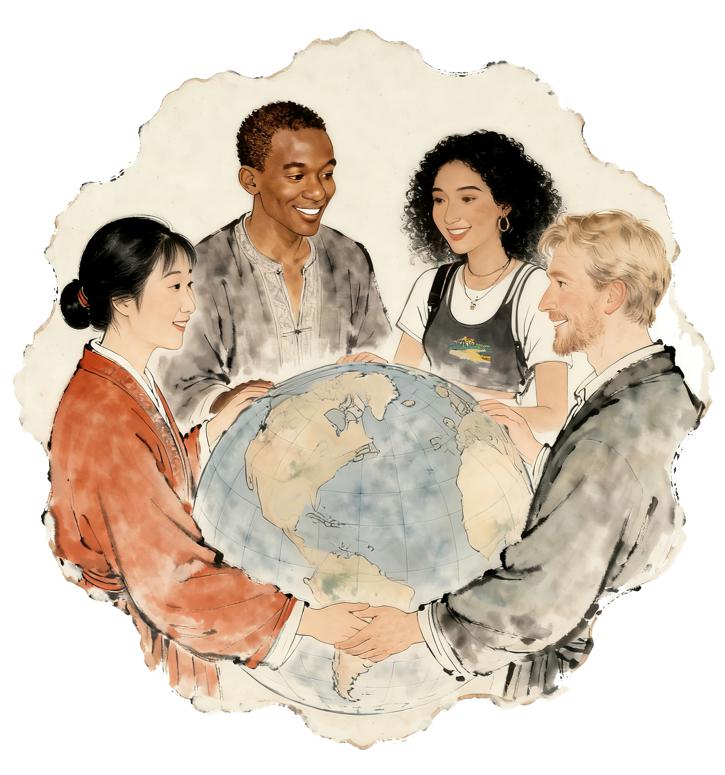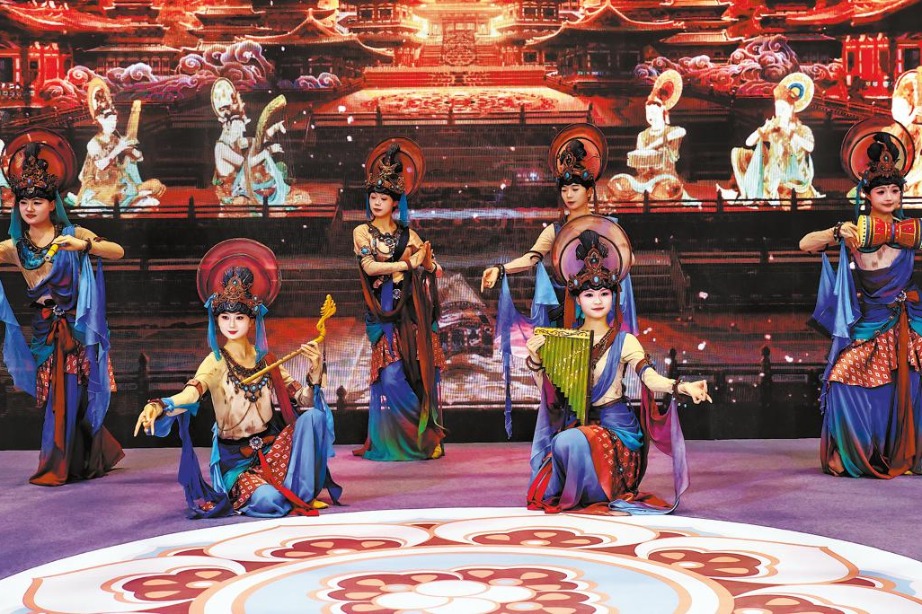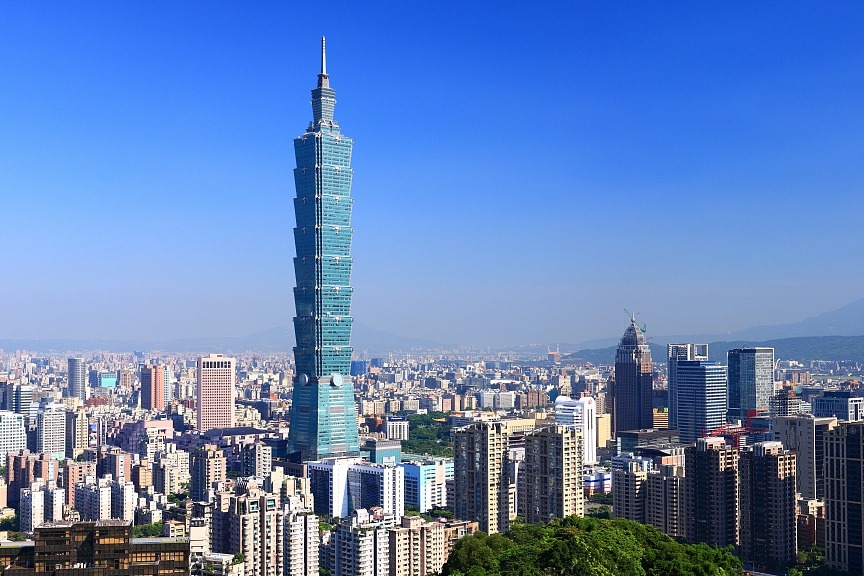GGI practical support for UN-centered governance


Editor's note: How can the international community work together to advance global governance reform? People's Daily Overseas Edition posed this question at Xu Jin, a senior research fellow at the Institute of World Economics and Politics at the Chinese Academy of Social Sciences, and Zhang Guihong, director of the Center for the Study of the United Nations and International Organizations at Fudan University. Below are excerpts from the interview. The views don't necessarily reflect those of China Daily.
The United Nations stands at the center of today's global governance system while the UN Charter remains the fundamental code of conduct governing relations among nations. The UN plays a central role in safeguarding international peace and security, advancing multilateral cooperation, setting international rules and coordinating efforts to resolve global issues.
Experience shows that when the spirit of the UN Charter is upheld and multilateralism is effectively practiced, global governance advances more smoothly and the well-being of humanity is better protected. In essence, genuine global governance began in the post-World War II era, with the UN serving not only as the central platform but also as the leading force.
At a time when global challenges are multiplying, ushering humanity into a period of turbulence and transformation, the UN must fully play its role as the main platform for global cooperation.
It should strengthen global economic governance and guide globalization in the right direction while promoting global security governance and advancing the principle of common security. The cyberspace governance system should be reformed and environmental governance enhanced. Meanwhile, new governance rules should be shaped for emerging fields and the development of artificial intelligence needs to be advanced.
China has long valued and actively supported the work of the UN. In recent years, it has put forward the Global Development Initiative, the Global Security Initiative, the Global Civilization Initiative and the Global Governance Initiative, and worked closely with the UN to implement them.
China's support for the UN is evident both in principle and in practice. In addition to focusing on the UN's three pillars — peace, development and human rights — China has engaged in trilateral cooperation with the UN and partner countries to share development experience and provide financial, technical and human resources assistance to other developing countries. From active participation to proactive contributions, China is increasingly becoming a key force in global governance.
As profound changes are unfolding worldwide, the question of what kind of global governance system to build, and how to reform and improve it, has become one of the most pressing issues for the world. China's Global Governance Initiative is a direct answer to the aspirations of peoples and urgent needs of this era.
The initiative's core concepts align fully with the purposes and principles of the UN Charter. They underscore the central role of the UN in international affairs and call upon countries to advance global governance reform through multilateral mechanisms. China will work with the UN, relevant international organizations and regional platforms to reform and improve global governance.
As both a permanent member of the UN Security Council and the largest developing country, China put forward the GGI with the aim of upholding the UN Charter, practicing genuine multilateralism, and fostering a more just and equitable governance system. It is guided by the vision of advancing the building of a community with a shared future for humanity.
China's vision of global governance reform is about enhancing the effectiveness and vitality of current institutions, making them more responsive to evolving realities and better aligned with the interests of all countries, especially developing nations.
































